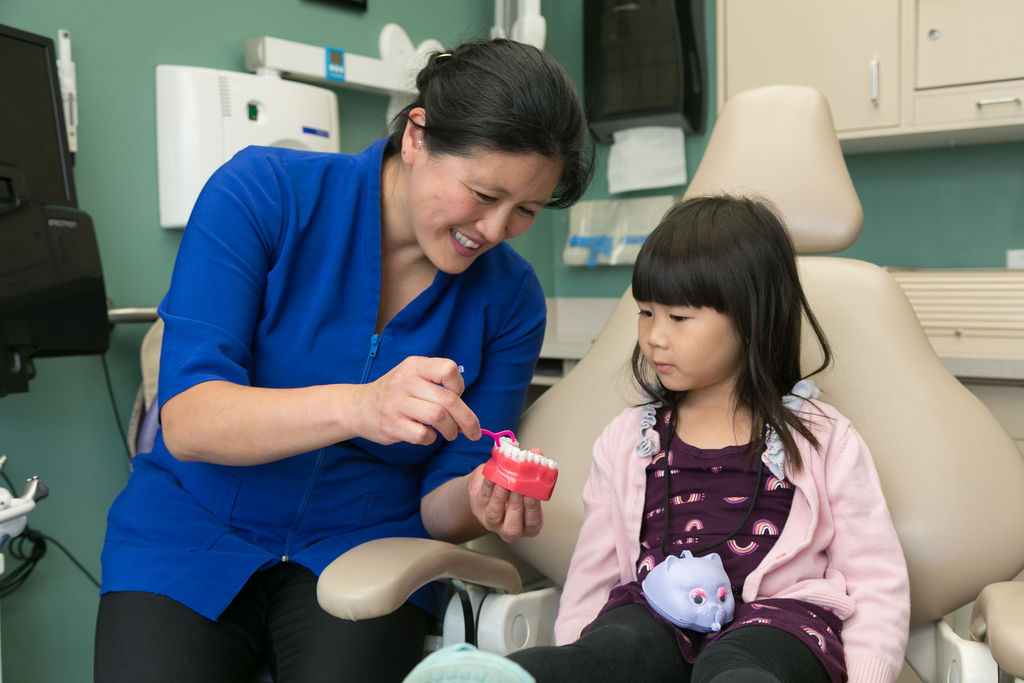Careers in Dentistry
Dentist
A dentist is a doctor who focuses on oral health treating the gums, teeth and structures of the head and neck.
Dentists evaluate the overall health of their patients and how it relates to their oral health focusing on disease prevention. They perform clinical procedures such as exam, diagnosis and treatment planning, oral cancer screenings, bite assessments, fillings, crowns, implants, exactions, and root canals.
Dentists can work as associates (independent contractors) for a dental clinic or become an owner of a dental clinic.

UBC Admission requirements:
https://www.dentistry.ubc.ca/education/dmd/dmd-admission-procedures/dmd-required-courses/
UBC Dental School (Applying to the DMD Program):
https://www.dentistry.ubc.ca/education/dmd/applying-to-the-dmd-program/
UBC Information for perspective Students:
https://www.dentistry.ubc.ca/education/information-for-prospective-clinical-students/
Dental Hygienist
A dental hygienist is a licensed health care professional who helps patients maintain good oral health and dental hygiene.
Their goal is to educate, prevent and treat diseases that impact oral health and overall health. This includes cleaning teeth, examining the teeth and gums, taking X-rays, collecting medical histories, and educating patients on proper oral care.
UBC Dental Hygiene Degree Program:
https://www.dentistry.ubc.ca/education/dental-hygiene-degree-program/general-info/
To practice as a licenced dental hygienist in Canada, you must, pass the National Dental Hygiene Canadian Exam (NDHCE) and register with the regulatory authority for the province you are practicing. It BC that is the BC College of Oral Health Professionals (BCCOHP).
Federation of Dental Hygiene Regulators of Canada:
https://www.fdhrc.ca/pages/ndhce/
BC College of Oral Health Professionals:
https://oralhealthbc.ca
Dental Assistant
Dental assistants can be certified or uncertified. Only certified dental assistants (CDAs) may perform “intra-oral” duties inside a patient’s mouth. Chairside dental assistants perform only “extra-oral” duties outside a patient’s mouth.
To practice as a licenced certified dental assistant in Canada, you must, pass the National Dental Assisting Board Exam (NDAEB) and register with the regulatory authority for the province you are practicing. It BC that is the BC College of Oral Health Professionals (BCCOHP).
National Dental Assisting Examining Board (NDAEB):
https://ndaeb.ca/registration-licensure/
BC College of Oral Health Professionals:
https://oralhealthbc.ca
There is no standardized exam or registration required to work as a chairside assistant in BC.
Dental Receptionist
The Responsibilities of a Dental Receptionist Include greeting patients as they arrive, answering the phones, scheduling patient appointments, dental charting and treatment planning as well as completing and filing insurance forms and dental billing records.
There is no standardized exam or registration required to work as a dental receptionist in BC.


